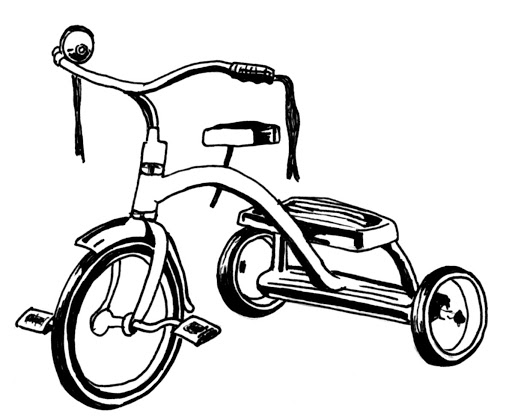Lorie was watching when the supermarket cashier told the young mother that her card was declined. She knew she wanted to help the woman. She couldn’t explain why. It was something she wanted to do.
Just because.
Maybe it was the way the girl was holding a baby on her hip and a toddler by the hand. Or it could have been the girl’s frazzled facial expression.
Maybe it was the single-file line of impatient shoppers, rolling eyes, glancing at watches, adjusting their surgical masks.
Lorie stepped forward. She spoke to the cashier. “I wanna buy her groceries,” she said, presenting her card.
The girl looked embarrassed. There’s a feeling that comes with being the recipient of charity. It’s not a pleasant one. You feel a mixture of colossal idiocy and gratefulness, combined into one giant, foul-tasting pepperoni.
“No,” said the girl. “I’ll just put all this stuff back.”
“Don’t be ridiculous,” said Lorie.
“Please, ma’am, I don’t need no charity. My boss just hasn’t direct-deposited my check, that's all.”
There is none prouder than a mother with a light wallet.
“I’m buying
your groceries,” said Lorie. “You can either take them home, or let them spoil in the parking lot. But I’m buying them.”
The young woman seemed genuinely confused. “Why are you doing this?”
Lorie thought about it for several moments. It was a very good question. What had come over her? Why was she doing this?
“Just because,” Lorie said.
As it turns out, it wasn’t just a few scant groceries. The girl had practically shoved the whole grocery store into her buggy.
She was buying the confectionary things growing children need to stay healthy and strong. Chocolate bars, chocolate milk, chocolate popsicles, chocolate chips, chocolate fudge brownies, chocolate syrup, chocolate pretzels, Swiss chocolate swizzle sticks, triple chocolate dark fudge ice cream, and a new pancreas.
The girl agreed to let Lorie buy her items. But before…










